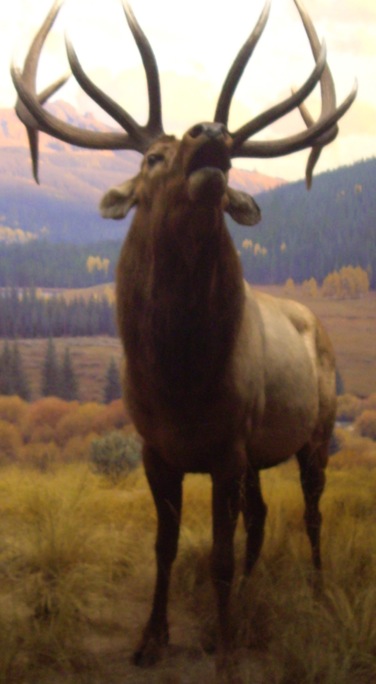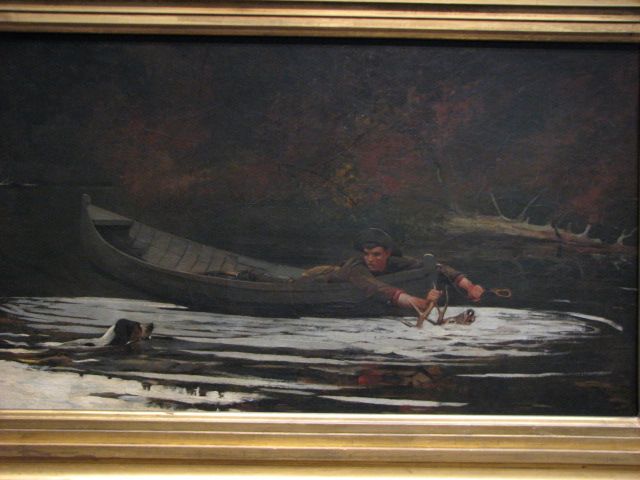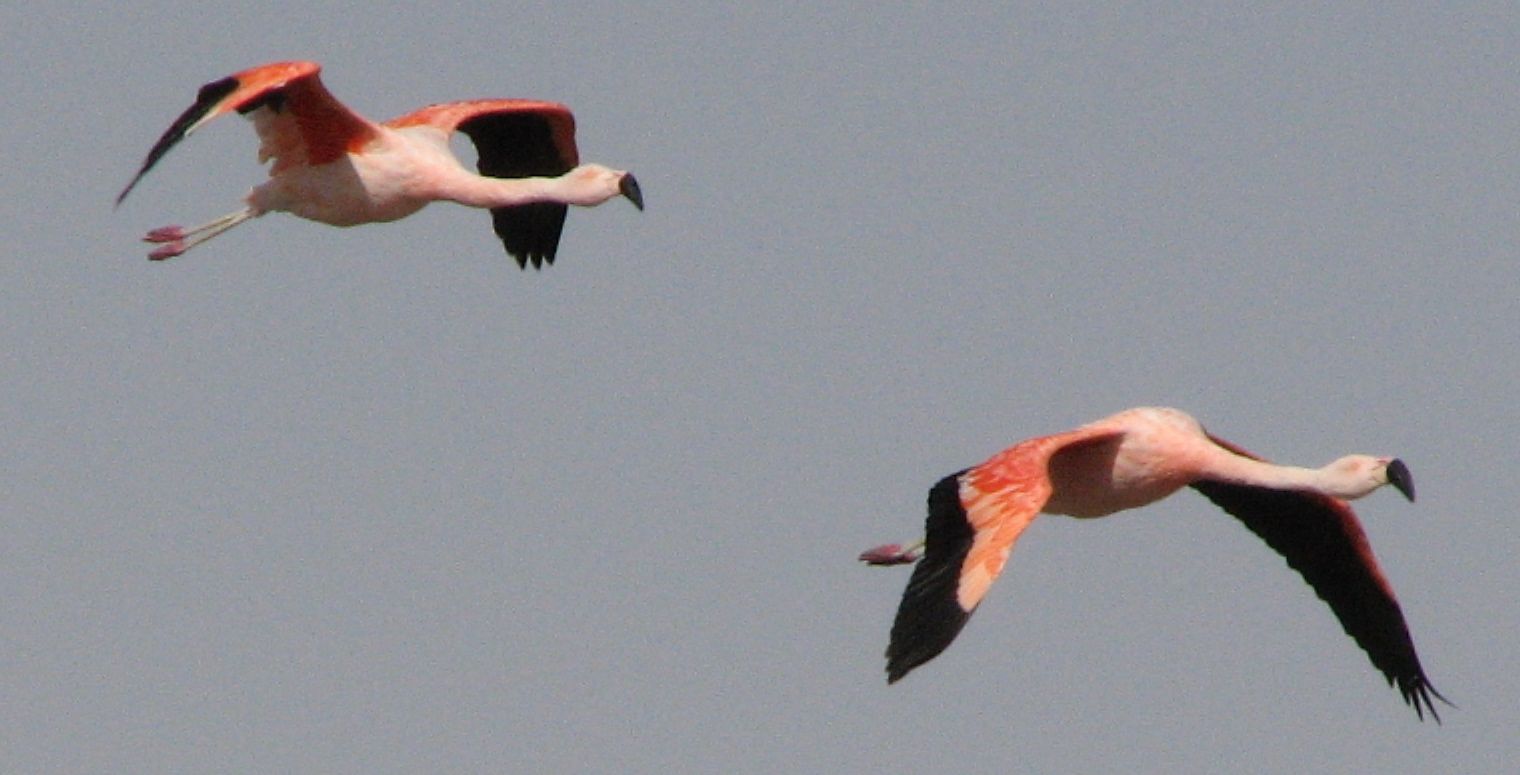
Wildlife, fisheries, international law, & the public trust doctrine
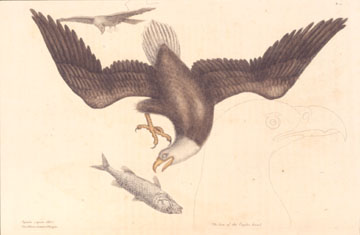
This protection, called the "public trust doctrine" furthers two competing benefits, the promotion of commerce and citizen access to hunting, coppice (wood supply) and fishing. Private property rights over the public trust is severely limited by this sovereignty held by the states, or in Europe by national legislative bodies. This police power of a state – under the public trust doctrine – extends to the conditions in which these biota thrive and reproduce.
The significance of fish, birds, and wildlife as essential sentinels of our natural heritage, commitment to environmental protection and trans-species responsibility for the future of life on Earth.
Rene Dubos had a "commensalist vision" of the human relation to the environment.
Winslow Homer, River scene during an elk hunt, 1800s, oil on canvas.
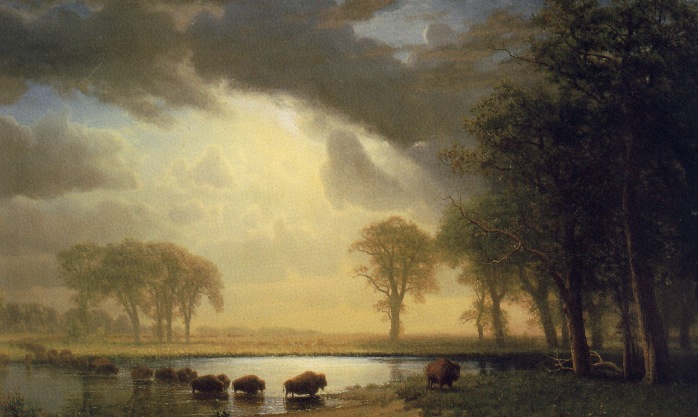
Albert Bierstadt Bison Crossing, 1867.
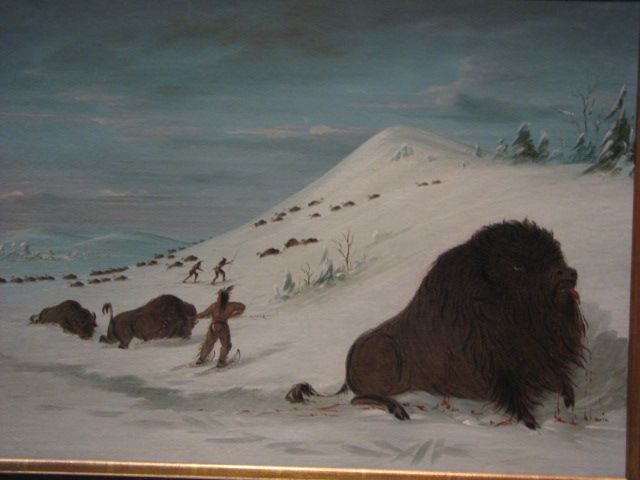
George Catlin Bison Hunting among the Dakota Nation, 1830s
"We need another and a wiser and perhaps a more mystical concept of animals."
Henry Beston, The Outermost House.
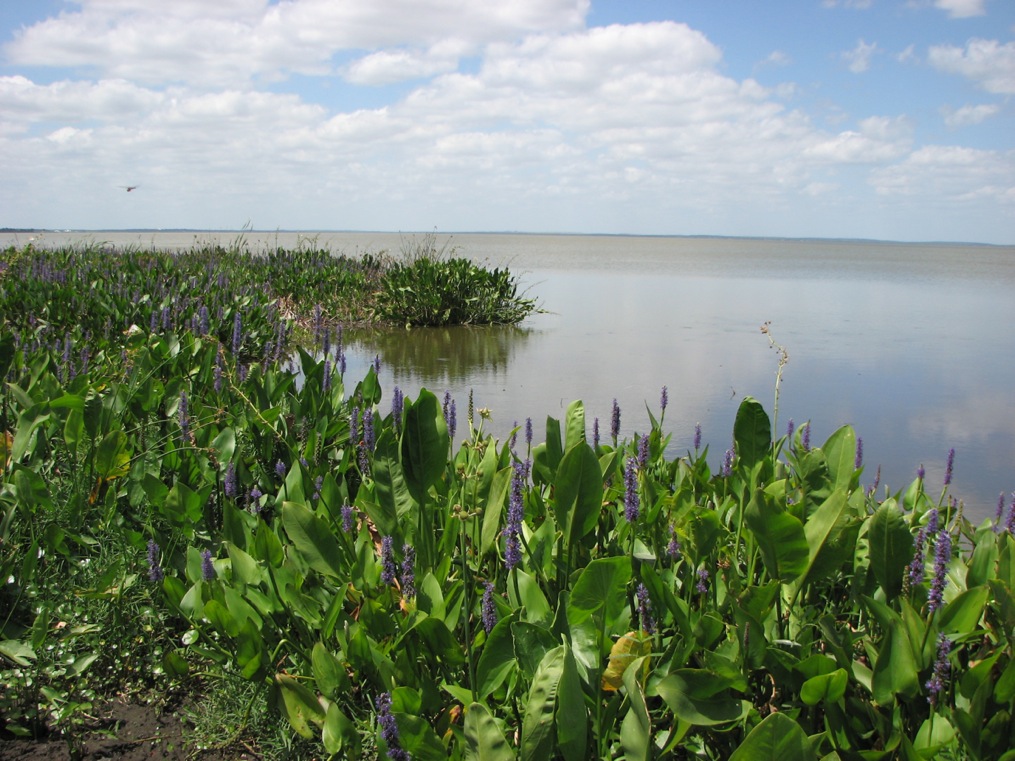
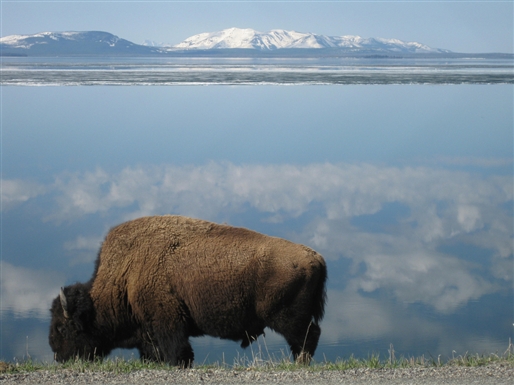
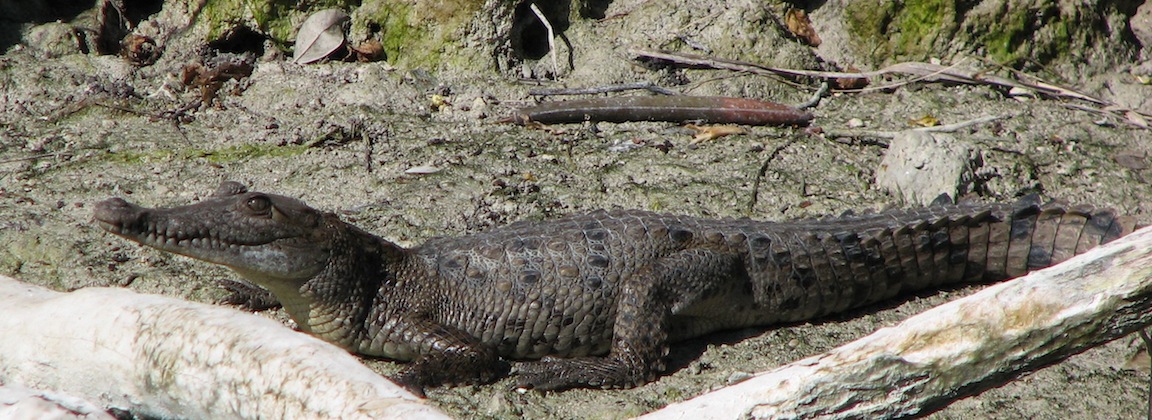
An endangered crocodile in Everglades National Park.
"The problem is not whether man will or will not alter natural systems, but only how he will do it . . . . Practically all aspects of life are artificial in the sense that they depend on profound modifications of the natural order of things. The life of the peasant is as artificial as that of the city dweller . . . . The reason we are now desecrating nature is not because we use it to our ends, but because we commonly manipulate it without respect for the spirit of place."
Rene Dubos, A God Within, 1984. Rene Dubos. Man Adapting, (1965). New Haven: Yale University Press, 1965. pp. 36-40.
A "commensalist vision."
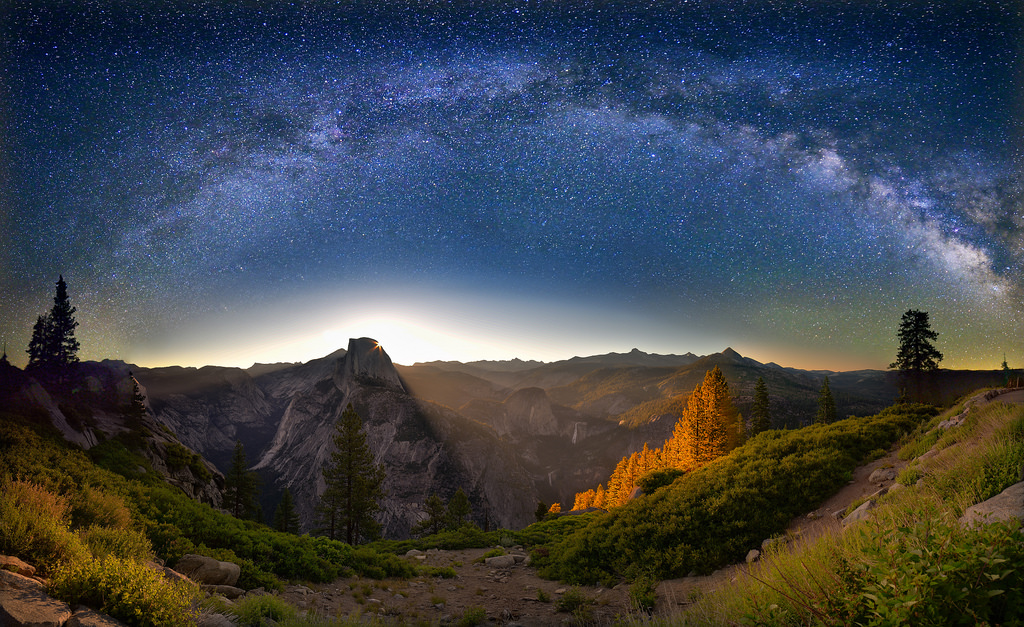
"For a moment of night we have a glimpse of ourselves & of our world islanded in its stream of stars–pilgrims of mortality, voyaging between horizons across eternal seas of space and time. Fugitive though the instant be, . . .
